Every week, the editors of The Paris Review lift the paywall on a selection of interviews, stories, poems, and more from the magazine’s archive. You can have these unlocked pieces delivered straight to your inbox every Sunday by signing up for the Redux newsletter.
This week at The Paris Review, we’re telling scary stories. Read on for James Merrill’s Art of Poetry interview, Joy Williams’s short story “Tricks,” William Faulkner’s ghost story “The Werewolf,” and Bhanu Kapil’s poem “Three Ghost Stories: 1944–48,” paired with photos from Flavia Gandolfo’s portfolio “Masks.”
If you enjoy these free interviews, stories, and poems, why not subscribe to The Paris Review? You’ll also get four new issues of the quarterly delivered straight to your door.
Interview
James Merrill, The Art of Poetry No. 31
Issue no. 84 (Summer 1982)
INTERVIEWER
The Ouija board, now. I gather you use a homemade one, but that doesn’t exactly help me to imagine it or its workings. An overturned teacup is your pointer?
MERRILL
Yes. The commercial boards come with a funny see-through planchette on legs. I find them too cramped. Besides, it’s so easy to make your own—just write out the alphabet, and the numbers, and your yes and no (punctuation marks too, if you’re going all out) on a big sheet of cardboard. Or use brown paper—it travels better. On our Grand Tour, whenever we felt lonely in the hotel room, David and I could just unfold our instant company. He puts his right hand lightly on the cup, I put my left, leaving the right free to transcribe, and away we go. We get, oh, five hundred to six hundred words an hour. Better than gasoline.
Fiction
Tricks
By Joy Williams
Issue no. 90 (Winter 1983)
Liberty had never cared for Halloween. The night gave the false hope that when one was summoned to the door by a stranger’s knock, one’s most horrible fears could be realized by the appearance of ghosts, bats, ambulatory corpses, and the headless hounds of hell.
Fiction
The Werewolf
By William Faulkner
Issue no. 79 (Spring 1981)
The young man looked around outside the deserted station, hoping to find an attendant. No one was in sight. From the high ridge on which the station was built, he looked down into the shrouded valley and wondered at its darkness—why, even so late in the night, there should not be a single light gleaming through the fog from a single cottage. Suddenly at his feet a pattern of light fell. A lamp had been lit by unseen hands. Someone was inside the station.
Poetry
Three Ghost Stories: 1944–48
By Bhanu Kapil
Issue no. 228 (Spring 2019)
Mum nudged me and whispered, Go home. But I couldn’t move. The orange was stuffed with blood clots. My daughter has not eaten for a year and a half, said the girl’s mother. We left as quickly as we could. On the way home, we stopped at the old woman’s house. Tonight is the deciding factor, said the old woman. The girl is possessed by a ghost. A very famous person is coming to give a treatment. It’s a weird ghost. Many people from different religions have tried to get the ghost out but all have failed. Once, a Sikh gentleman came. He traveled from Lucknow and after some prayers he hung pictures of Guru Gobind Singh and Guru Nanak above the girl’s bed. Then he took out a big sword and hung that up, too. However, the pictures swung from side to side, so did the sword, and fell on the floor. Tonight at 2 A.M. a new man will start his treatment. Come with me. We will go and look.
Art
Masks
By Flavia Gandolfo
Issue no. 133 (Winter 1994)
If you enjoyed the above, don’t forget to subscribe! In addition to four print issues per year, you’ll also receive complete digital access to our sixty-eight years’ worth of archives.
from The Paris Review https://ift.tt/3byRF1k
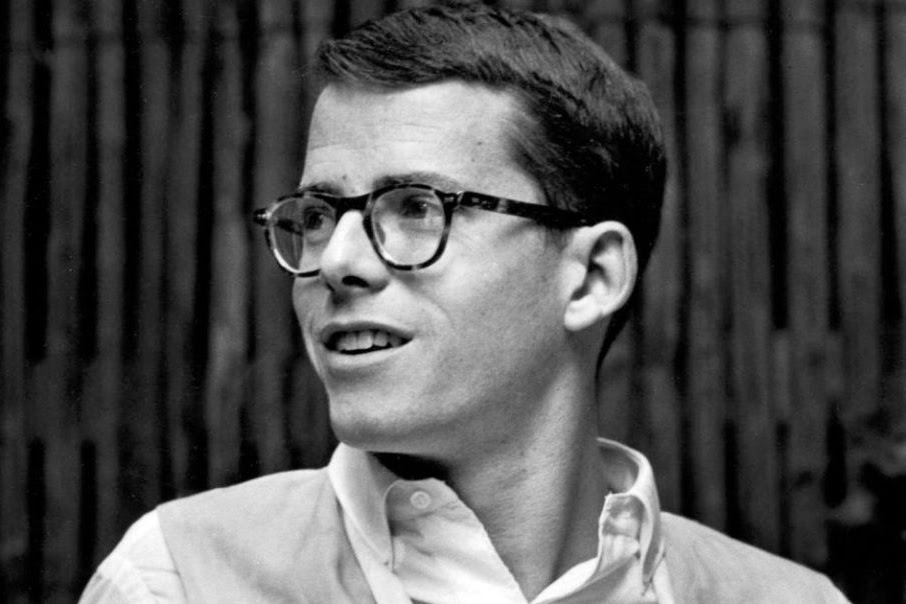
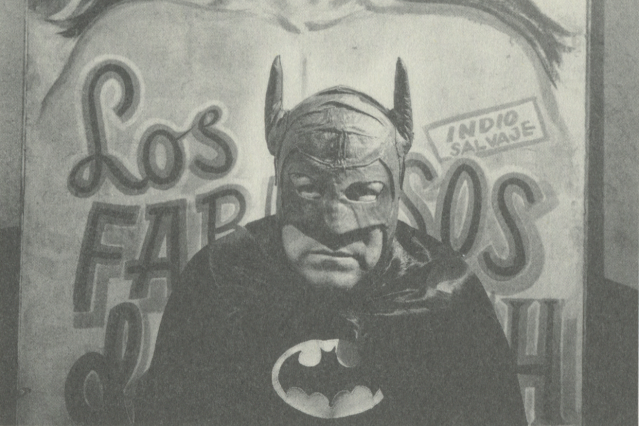
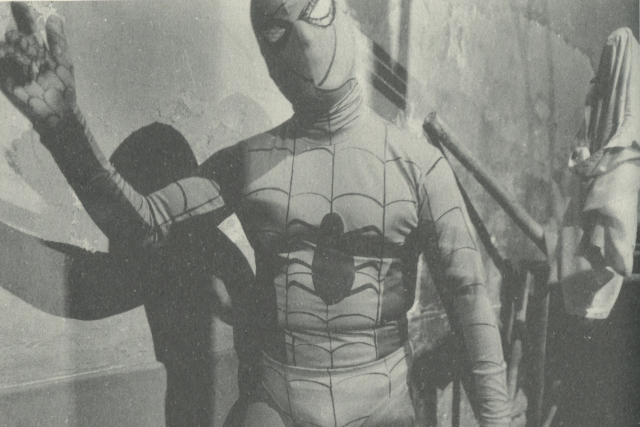
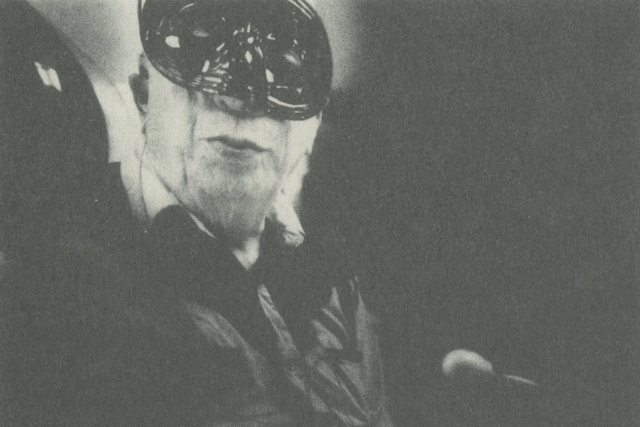
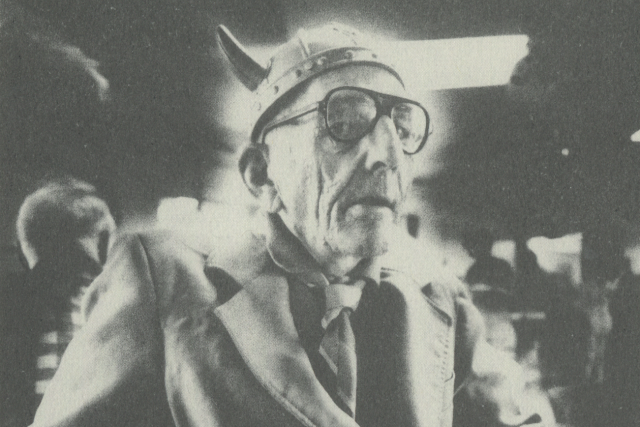
Comments
Post a Comment